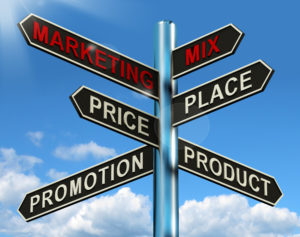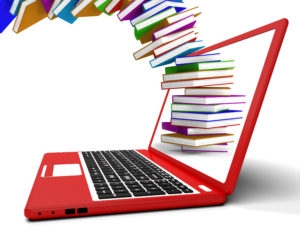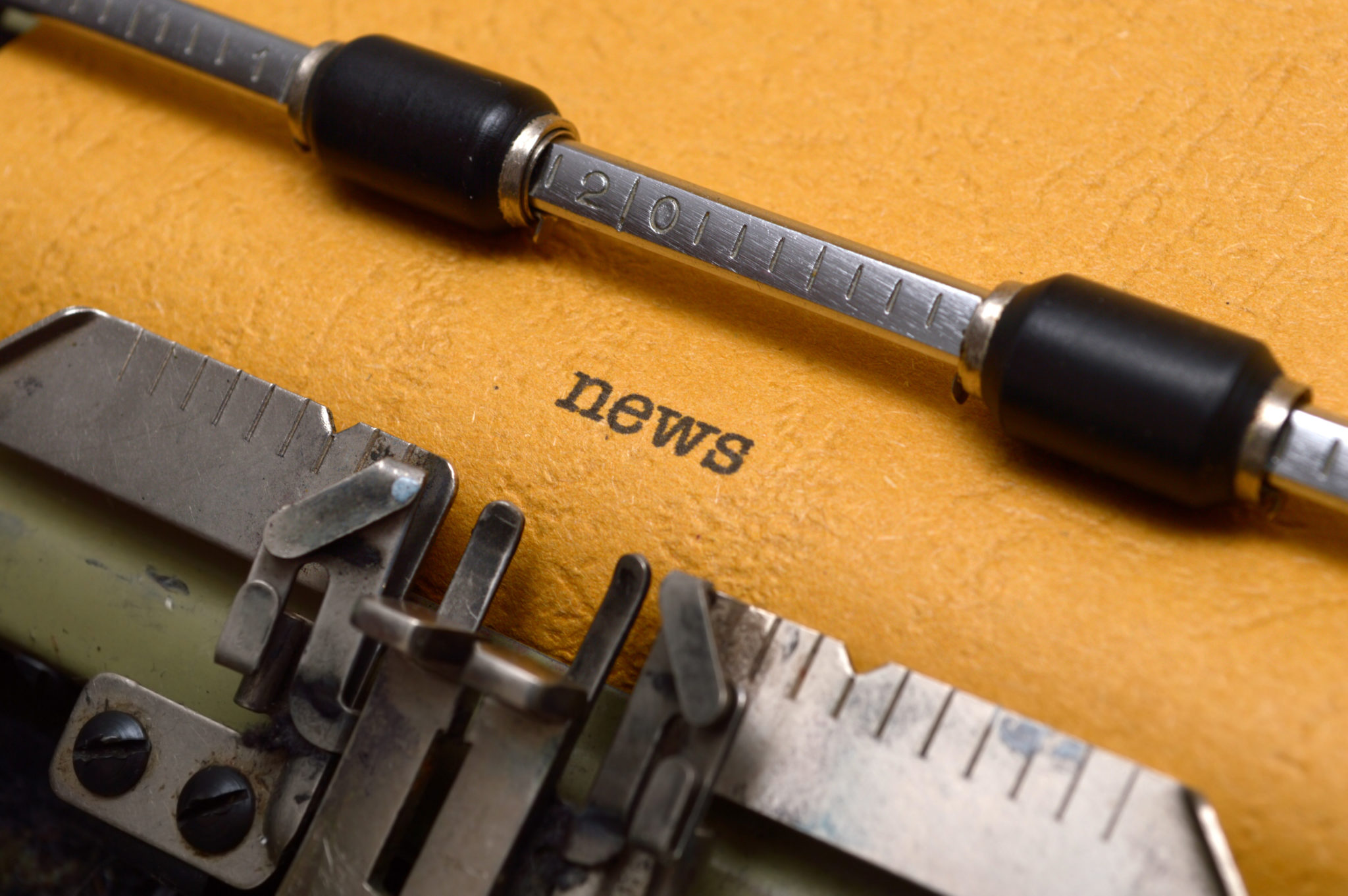Similar to web searches, Google is trying to create an online searchable library through Google Books and the Google Library Project. Approximately 30 million books have been scanned. The only larger collection is the Library of Congress, which has 37 million items of various media, not all of which is accessible online and the Library of Congress doesn’t point potential buyers to Amazon, any other merchant, or even an author website.
With the Google Library Project, Google partnered with libraries who provided select materials for scanning. The materials are often out of print, or rare books and publications. However, authors are not contacted for permission to use their works, which brought the attention of the Author’s Guild.
Google uses the scanned items to provide better literary searches along with “snippets” of relevant text, while the libraries have access to scanned copies of their materials. The libraries are still restricted by copyright law on how they handle the scanned content. A win-win for both parties, but what about the authors?
According to Google’s website “The Library Project’s aim is simple: make it easier for people to find relevant books – specifically, books they wouldn’t find any other way such as those that are out of print – while carefully respecting authors’ and publishers’ copyrights. Our ultimate goal is to work with publishers and libraries to create a comprehensive, searchable, virtual card catalog of all books in all languages that helps users discover new books and publishers discover new readers. ”
The Author’s Guild filed a lawsuit on behalf of the authors, with claims that the snippets of text shown in the search results through Google Books and the Google Library Project are against “fair us” and could be used to compile a copy of the text by enterprising hackers. It should be noted that Google does not make any money off of the links or run ads against the search results. Author’s benefit because links are provided to purchase the titles when available.
“Fair use is a legal doctrine that promotes freedom of expression by permitting the unlicensed use of copyright-protected works in certain circumstances. Section 107 of the Copyright Act provides the statutory framework for determining whether something is a fair use and identifies certain types of uses—such as criticism, comment, news reporting, teaching, scholarship, and research—as examples of activities that may qualify as fair use.” – copyright.gov
Recently the Second Circuit Appeals Court unanimously exonerated Google from the lawsuit brought forth by the Author’s Guild.
As part of their findings the judges said “The ultimate goal of copyright is to expand public knowledge and understanding, which copyright seeks to achieve by giving potential creators exclusive control over copying of their works, thus giving them a financial incentive to create informative, intellectually enriching works for public consumption.””
The “snippets” show up as text in the search, just like the text of websites shown by Google currently, but as excerpts from the scanned books. There is an option for authors and rights holders to opt out. If there is an alternative source that will fulfill the search request, such as a dictionary, then that source is used. Parts of the scanned books are “blacklisted” and won’t show in the search results. You can see yourself, in the sample below.

In one part of the litigation process, The Author’s Guild and Google had come to terms where Google would pay a nominal fee to have exclusive rights to use the scanned texts. This was dismissed by the judge as providing an unfair advantage to Google and if approved would have stopped anyone else from providing an online book search.
From the judge’s statement “Google’s program does not, at this time and on the record before us, expose Plaintiffs to an unreasonable risk of loss of copyright value through incursions of hackers.” With less than 16% of a book used for the snippets, it is not possible for someone to recreate the book even if they wanted to take the time and effort to do so.
The judges went on to state “Google does not sell its scans, and the scans do not replace the books. While partner libraries have the ability to download a scan of a book from their collections, they owned the books already — they provided the original book to Google to scan. Nor is it likely that someone would take the time and energy to input countless searches to try and get enough snippets to comprise an entire book.”
While the judges conceded that theoretically the snippets might mean some lost sales to authors, reality is that someone looking for factual validation has many resources, such as Wikipedia. If more than a snippet of text is needed then the likelihood increases that the user will purchase the book and be able to use the handy links provided. While the majority of the current scanned texts are more esoteric and hard to find publications, who knows how far Google will take this project in its bid to become the comprehensive online library catalog. One thing all authors struggle with is getting their material in front of likely readers. Someone searching for specific material online is the author’s target audience and will be more likely to make a purchase.
In response to the ruling, The Author’s Guild is planning to present the case to the Supreme Court. From their website:
“We aren’t challenging the benefits of Google Books search engine, just the seizure of copyrighted material,” explained Authors Guild President Roxana Robinson. Indeed, Authors guild members are perhaps the greatest users of Google Books search and know its benefits better than anyone. “But Google should be willing to compensate an author for copying her work for use in its database,” continued Robinson.
~ * ~
If you liked this article, please share. If you have suggestions for further articles, articles you would like to submit, or just general comments, please contact me at paula@publetariat.com
Resources:
Click to access agvgoogle.pdf
http://copyright.gov/fair-use/more-info.html
Authors Guild
https://www.google.com/googlebooks/library/
http://www.newyorker.com/business/currency/what-ever-happened-to-google-books?mbid=rss
https://www.techdirt.com/articles/20151016/08010632559/appeals-court-explains-yet-again-to-authors-guild-that-googles-book-scanning-is-fair-use.shtml
http://consumerist.com/2015/10/16/appeals-court-says-googles-book-scanning-project-is-legal-fair-use/#more-10220932


 In William Shakespeare’s time, the word “conversation” meant two things—verbal discourse, and sex.
In William Shakespeare’s time, the word “conversation” meant two things—verbal discourse, and sex.

 Which is the better book:
Which is the better book:  If the book market made sense it wouldn’t be so much fun. This week we are celebrating a 0.4% rise in physical book sales and an 11% drop in consumer e-book sales.
If the book market made sense it wouldn’t be so much fun. This week we are celebrating a 0.4% rise in physical book sales and an 11% drop in consumer e-book sales.
 4 May 2016
4 May 2016 Amazon has somehow managed to create four different models of its Kindle ereader. Each of the four models has its own strengths and weaknesses, so if you’re in the market for one—or an upgrade—let’s take a look to make your buying decision a little easier.
Amazon has somehow managed to create four different models of its Kindle ereader. Each of the four models has its own strengths and weaknesses, so if you’re in the market for one—or an upgrade—let’s take a look to make your buying decision a little easier.

